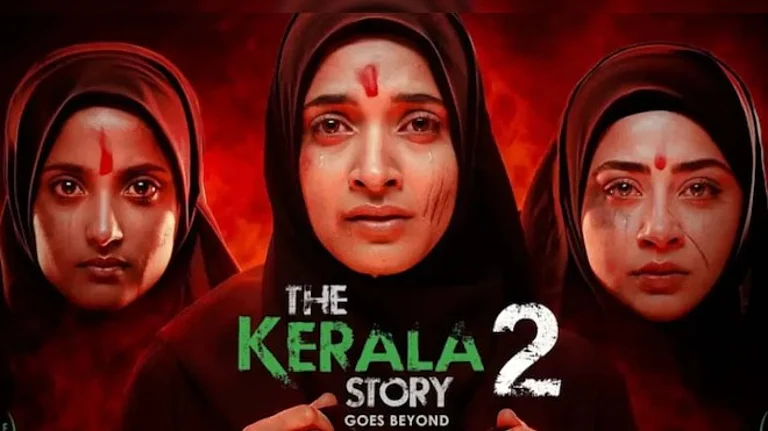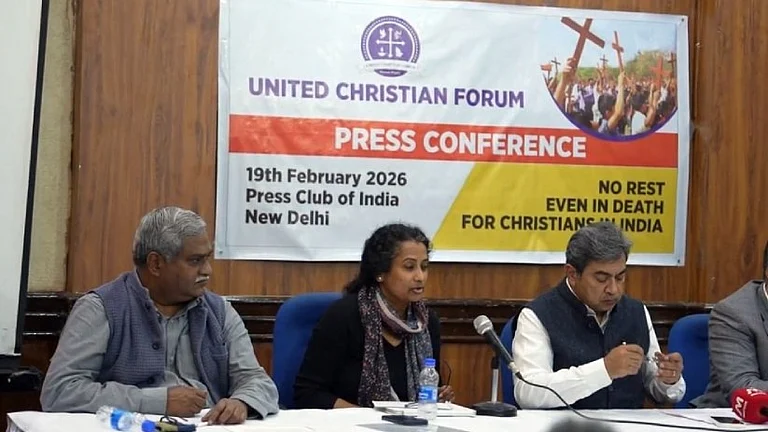The Madras High Court on Wednesday quashed an order by the Centre that authorised tapping of mobile phone in connection with an ongoing corruption case probed by Central Bureau of Investigation. The court held that telephone tapping constitutes a violation of the right to privacy unless justified by a procedure established by law.
The petition was filed by P Kishore, Managing Director of Everonn Education Limited, whose mobile phone was authorised to be tapped by the Centre in a bribery and corruption case, involving an Assistant Commissioner of Income Tax.
What Did Madras HC Say?
Justice N Anand Venkatesh observed that the right to privacy is now an integral part of the right to life and personal liberty guaranteed under Article 21 of the Constitution.
The judge said section 5(2) of the Telegraph Act authorises interception of telephones on the occurrence of a public emergency or in the interests of public safety. Both these contingencies were not secretive conditions or situations. Either of the situations would be apparent to a reasonable person.
According to PTI, as laid down in paragraph 28 of the decision of the Apex court in People's Union for Civil Liberties, it was only when the above two situations exist that the authority may pass an order directing interception of messages after recording its satisfaction that it was necessary or expedient so to do in the interest of the sovereignty and integrity of India, the security of the State, friendly relations with foreign States, public order or for preventing incitement to the commission of an offence, the judge added.
The judge said in the instant case, the impugned order dated August 12, 2011 does not fall either within the rubric of “public emergency” or “in the interests of public safety” as explained by the Supreme Court in the case of People's Union for Civil Liberties. The facts disclose that it was a covert operation/secretive situation for detection of crime, which would not be apparent to any reasonable person.
As the law presently stands, a situation of this nature does not fall within the four corners of Section 5(2) of the Act as expounded by the Supreme Court in the case of People's Union for Civil Liberties, which has been approved by the Constitution Bench of the SC in K S Puttaswamy case, the judge added.
The judge said the authorities have also contravened Rule 419-A(17) of the Telegraph Rules by failing to place the intercepted material before the Review Committee within the stipulated time to examine as to whether the interception was made in compliance with Section 5(2) of the Act.
As a consequence, the impugned order must necessarily be set aside as unconstitutional and one without jurisdiction. Besides violating Article 21, it was also ultra vires Section 5(2) of the Act besides being in violation of the mandatory provisions of Rule 419-A of the Rules, the judge added.
The judge said it follows that the intercepted conversations collected pursuant to the impugned order in violation of Section 5(2) of the Act and Rule 419-A(17) of the Rules shall not be used for any purposes whatsoever.
The judge said it was, however, made clear that the above direction shall have no bearing on the other material that has been collected by the CBI subsequent to and independent of the intercepted call records, which shall be considered by the trial court on its own merits without being influenced by any of the observations made in this order.
(With PTI inputs)






















